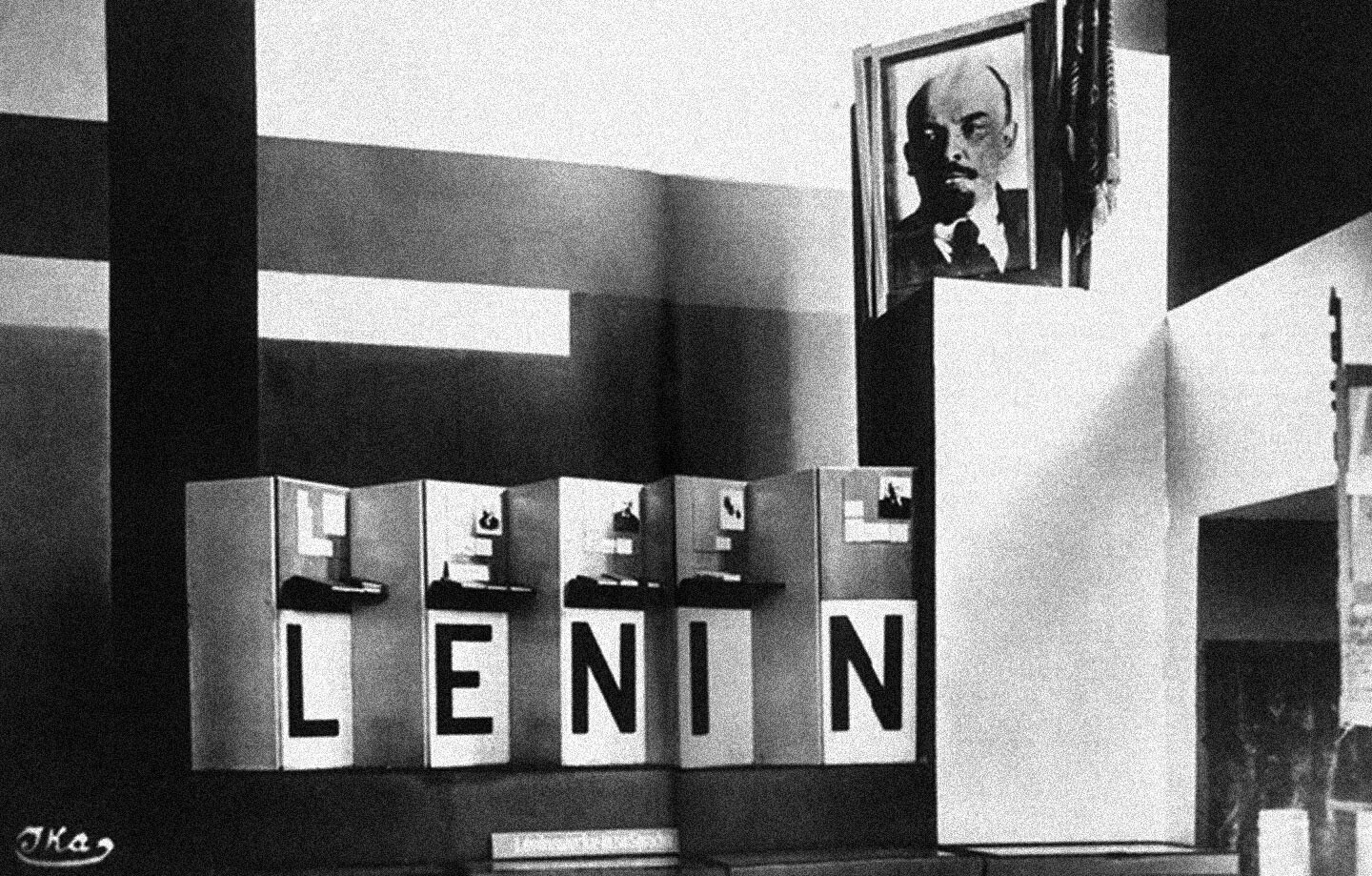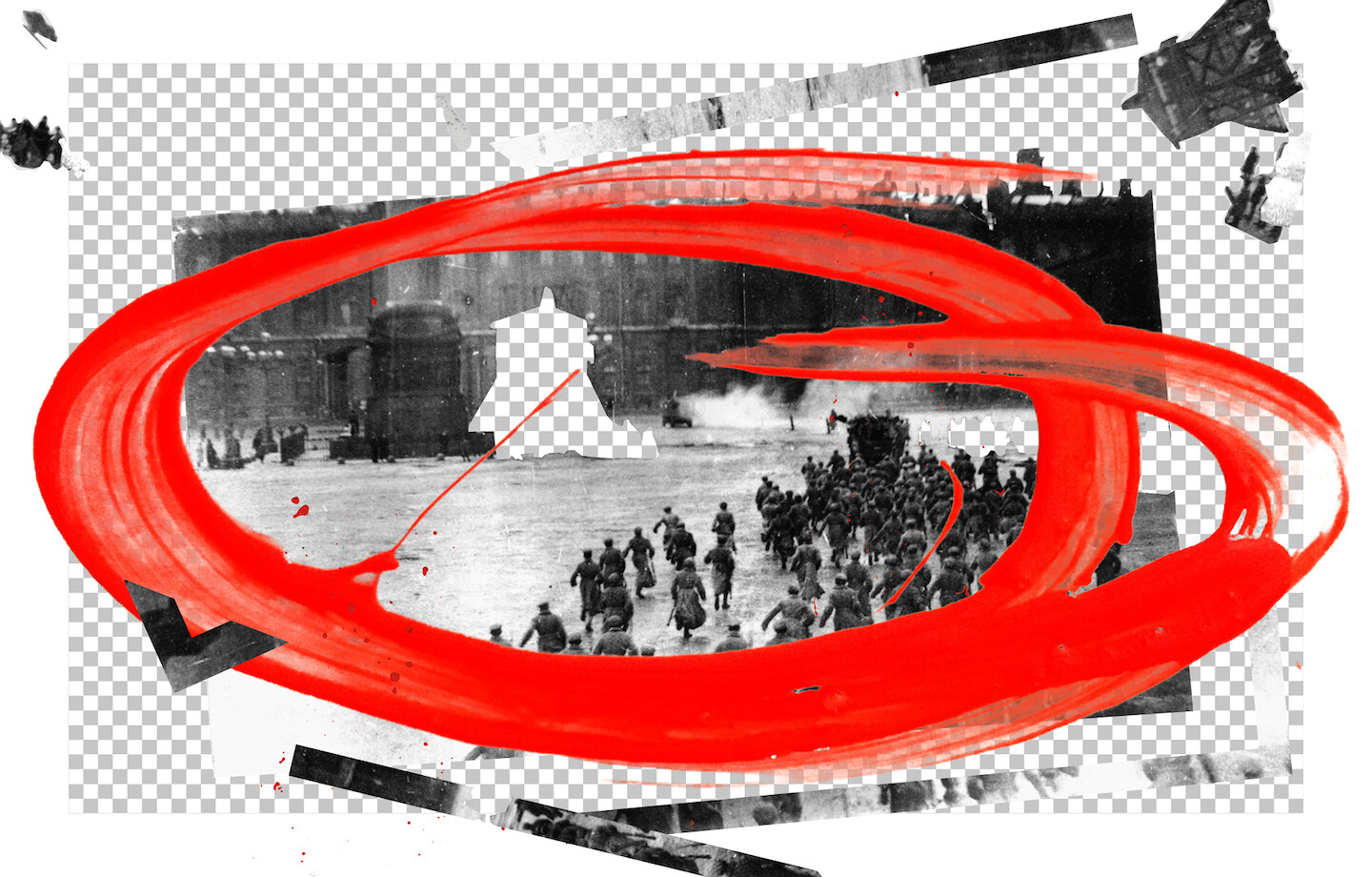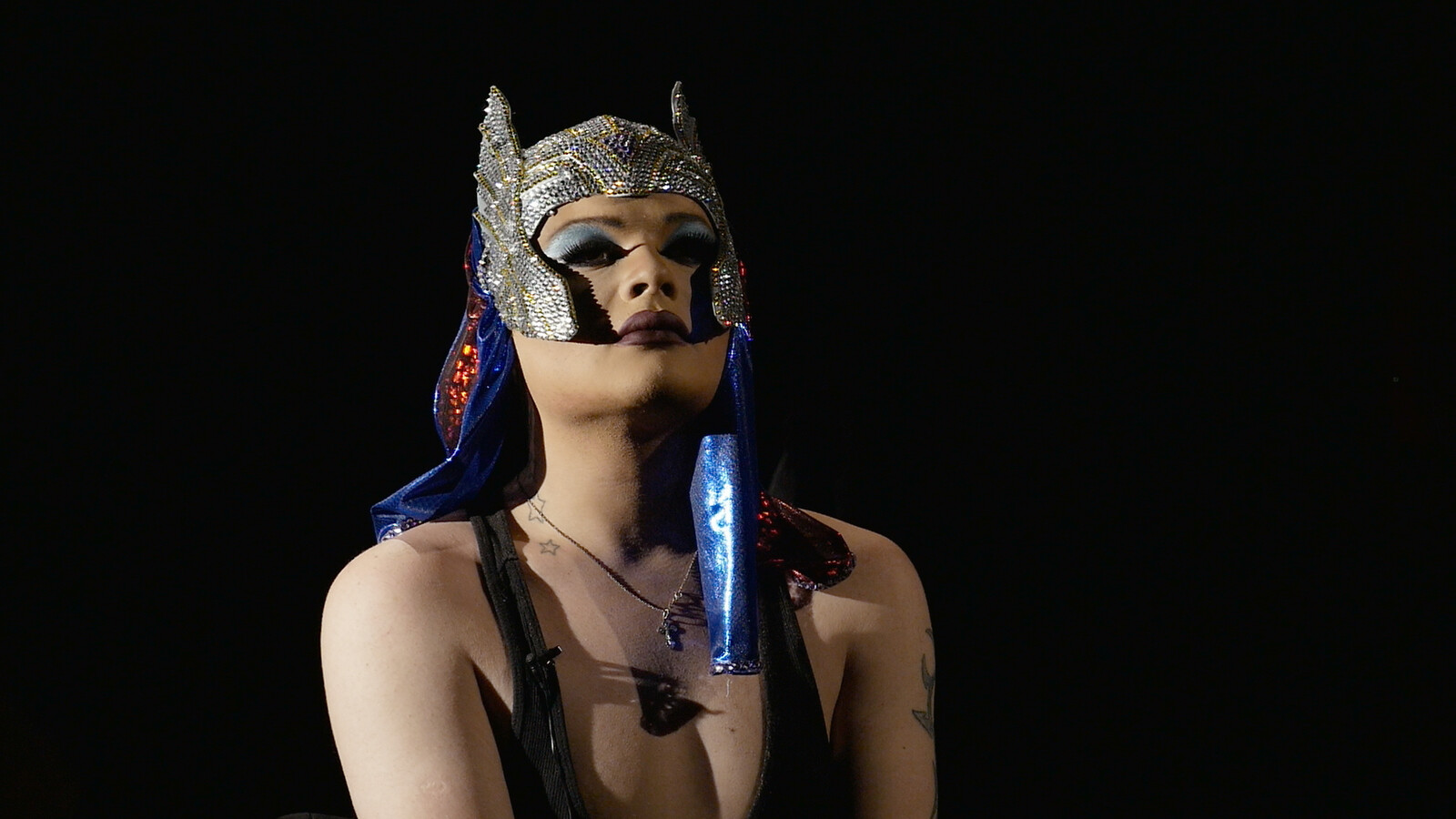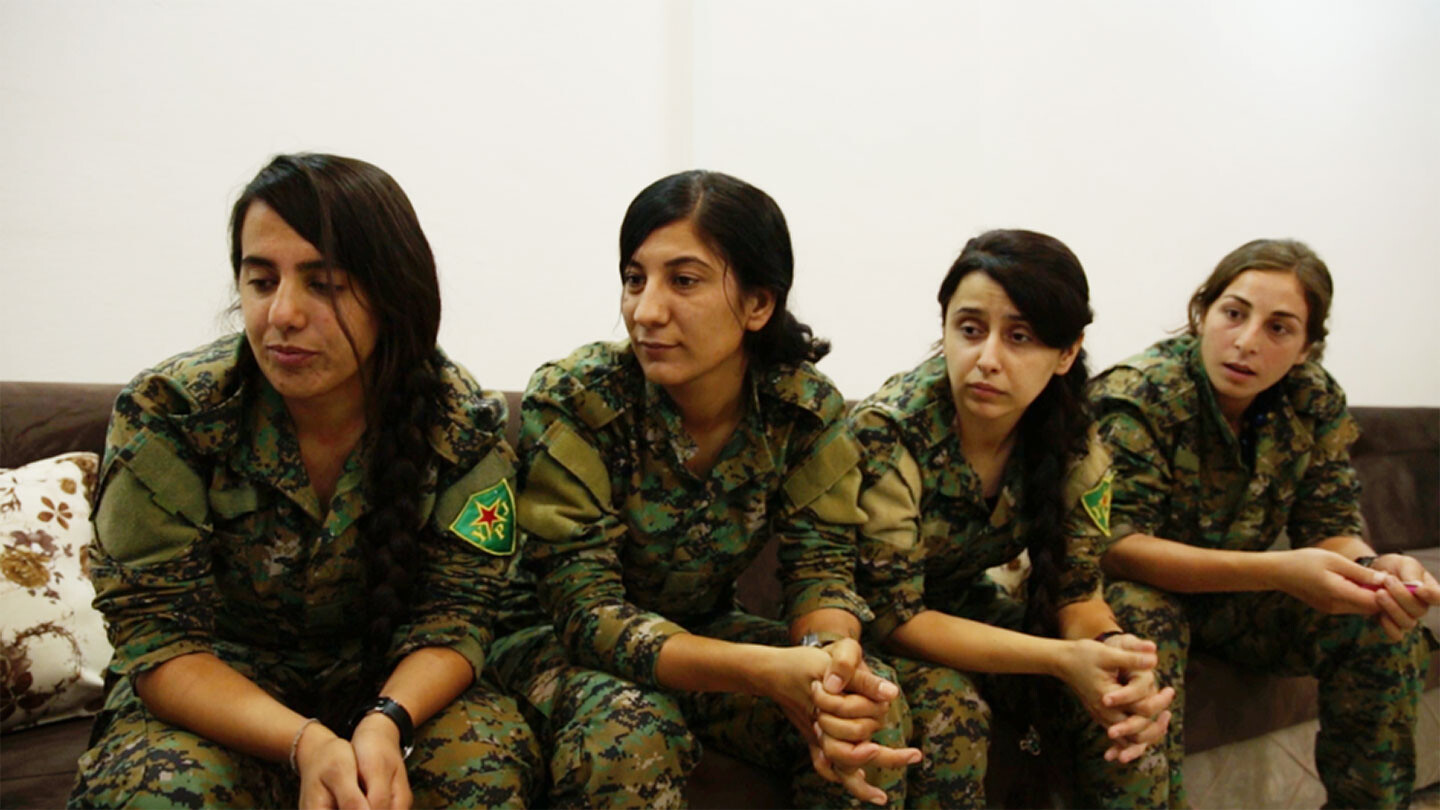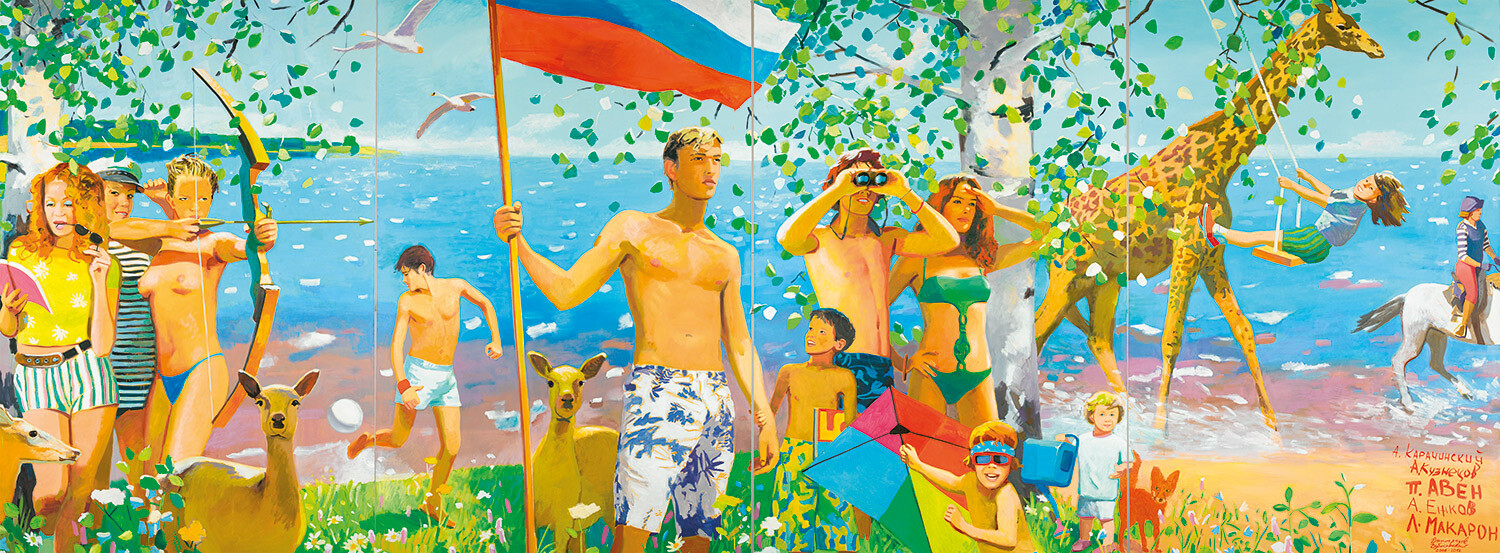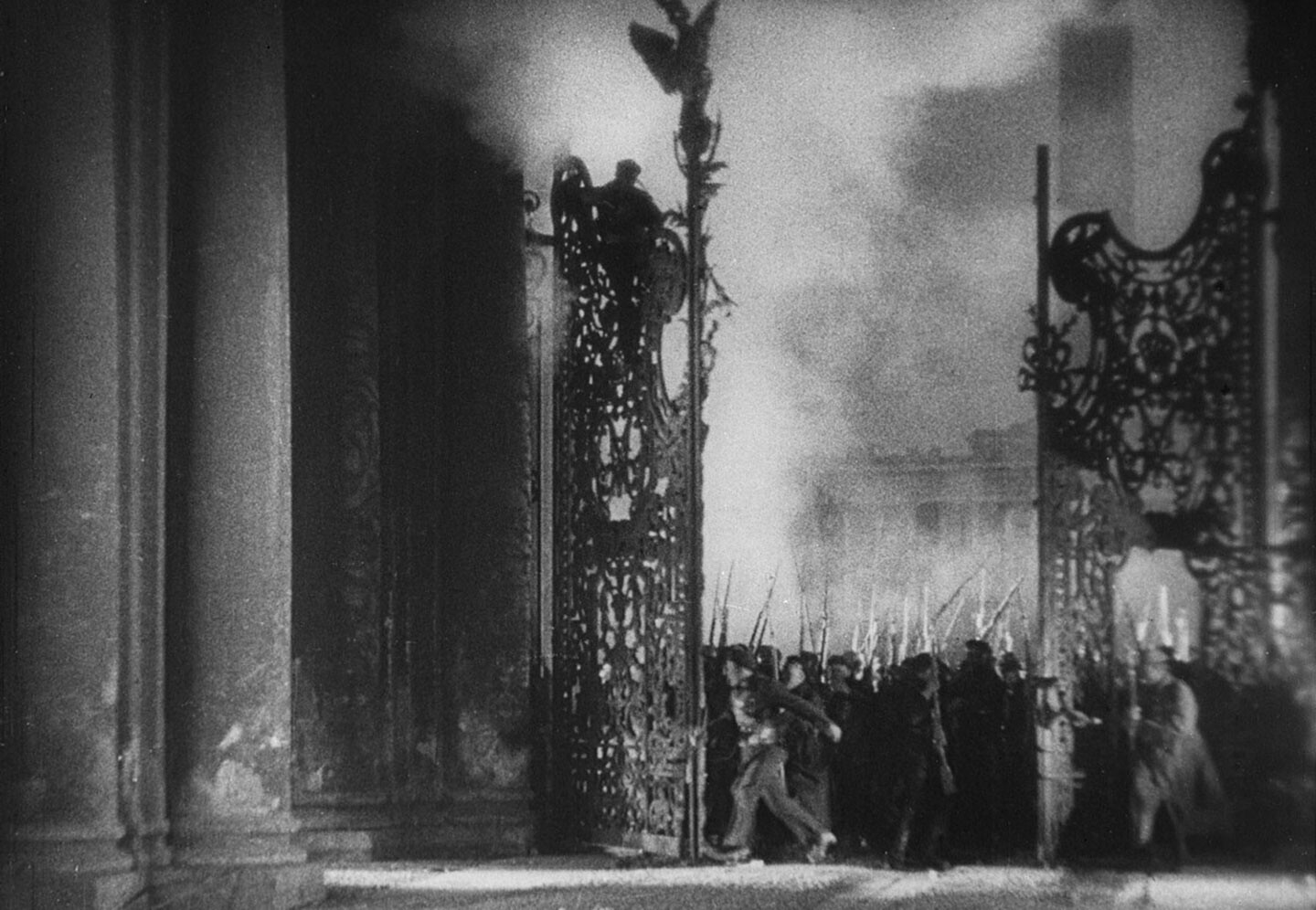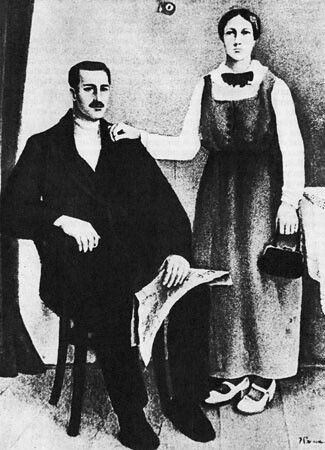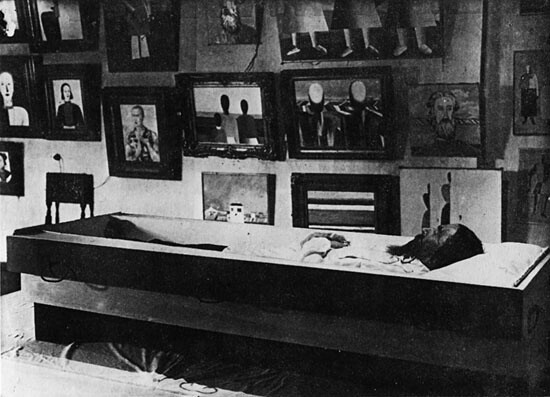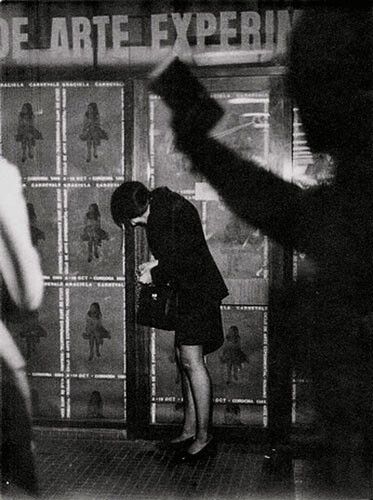Christina Kiaer, Collective Body: Aleksandr Deineka at the Limit of Socialist Realism
The true catastrophe that has turned Ukraine into a killing field is precisely this binarism in which the West fights the very ideological monster it itself created. This war erupted not because the West should have penetrated even further into its eastern other, now called the “Russian World.” Rather, it had already penetrated too far—with the binarism of primitive accumulation (private vs. state property) that devastated this whole space and installed oligarchic rule. It’s this same binary deadlock that prevents us from imagining any end to this war beyond the dystopian vision of a fragile armistice among ruins and hatred. How much time will it take to heal the wounds of this war that divides not just two nations and millions of families and friends, but also two civilizations, two worlds? Already we hear that it may take hundreds of years. Do we have that much time?
The project of a state based on collective property, thus overcoming the conflict between rich and poor, was formulated and thoroughly substantiated by Plato. Since his time, it has been repeatedly implemented, albeit on a limited scale, primarily in Catholic and Orthodox monasteries, but also in later religious and secular communities. However, the project was realized on the scale of an entire country for the first time by Lenin and his party. Although many regard their implementation of the project as unsuccessful, this view is historically naive. The first experiments of this kind are always short lived. After the French Revolution, democracy survived only a few years, and nearly everyone assumed that it would never be revived. The Soviet regime lasted much longer, and there is no doubt that there will be new attempts to create a classless society based on collective property. Ideas that have a thousand-year history do not vanish without a trace.
The traces of this generation remain disturbing to any dominant order, sometimes even to their former peers and friends. Their true agendas, aspirations, and dreams, however silenced or put on hold, continue resurfacing amidst historical readjustments. Their most intimate convictions were never fully bent, not even by the most sadistic of repressions inflicted on them. A unique invisible thread links the disparate trajectories of intervention of these last protagonists on the shared stage of the short century.
According to the traditionalist mindset, modern repressions have filled the world with troubled spirits. This is why the world has come to resemble a horror movie. Case in point: the vivid emergence of the Yakut horror film in the post-perestroika era, coinciding with a broad return to shamanic beliefs—both expressions of an ethnic renaissance. As the film Setteeh Sir suggests: this land has been stripped of its tradition, as the NKVD has confiscated the shaman’s tambourine. The couple at the center of the film return to their ancestral Yakut village, largely emptied in the years of Sovietization. They face a succession of difficulties, because the place is filled with ancestral spirits enraged at their progeny. Redemption will not come easy: malignant spirits, wrought by human evil and human error, will not simply go away. In a larger sense, horror is people and ideas driven out of society. The ghoulish corpses and dolls are those whom society has destroyed in its civilizing efforts.
More recently, a neoliberal ideologization of the self-sufficient, entrepreneurial self or “sovereign individual” has fed into an online and offline culture of entitled (male, white) trolls and thugs—the yuppie as the larva of the fascist. When a sense of eroding privileges is essentialized, a life reduced to survival can quickly be translated into phantasms such as “white genocide.” However, (seemingly) progressive forces are clearly not immune from the social pathologies of the age. The need for coalitions is constantly frustrated by jockeying for position through the construction of hierarchies of grief. In a volatile cultural economy, the accumulation of cultural capital often seems to prevail over the need to build infrastructures of coexistence.
Cosmists regard progress not as a goal or an end in itself, but rather as a necessary sacrifice that is an integral part of humanity’s struggle to survive and evolve. Real development, they believe, can only begin after humanity triumphs over death and learns how to resurrect the dead. This vision suggests that the future becomes the reconstruction or restoration of the past, and the arrow of time bites its own tail.
The political line dictated by Lenin can in fact be summarized by the following formula: strategy to the class movement; tactics, and only tactics, to the institution, or rather, to the party, to representation and the vanguard. The independence of the proletariat constitutes strategic hegemony, where insurrectional power and the revolutionary project are formed. This is the reality on which the vanguard must focus its attention if it wants to establish a tactical proposal. The radical transformation of revolutionary tactics, dictated by Lenin beginning in April 1917, is not, therefore, some artist’s gesture, but the political recognition of hegemonic maturity, of the strategic capacity of the proletarian masses (the peasants, workers, and soldiers organized into soviets) to seize power.
“Russian Cosmism: A Work of Art in the Age of Technological Immortality” at the Museum of Modern Art
As revolutionaries, as an army of women, of course our desire is equality, permanent equality. Not only for Kurds and their land, not only for the Middle East, but for the whole world. Because the pride of humanity is one, and in our times, it’s trampled under foot. No one should be ruling, no one should be oppressed. We would like the whole world to know about our philosophy and politics.
The dynamics that led to the ascent of the Nazis and then to the Second World War are back. Contemporary nationalist parties are echoing what Hitler said to the impoverished workers of Germany: you are not defeated and exploited workers, but national warriors, and you will win. They did not win, but they destroyed Europe. They will not win this time either, but they are poised to destroy the world.
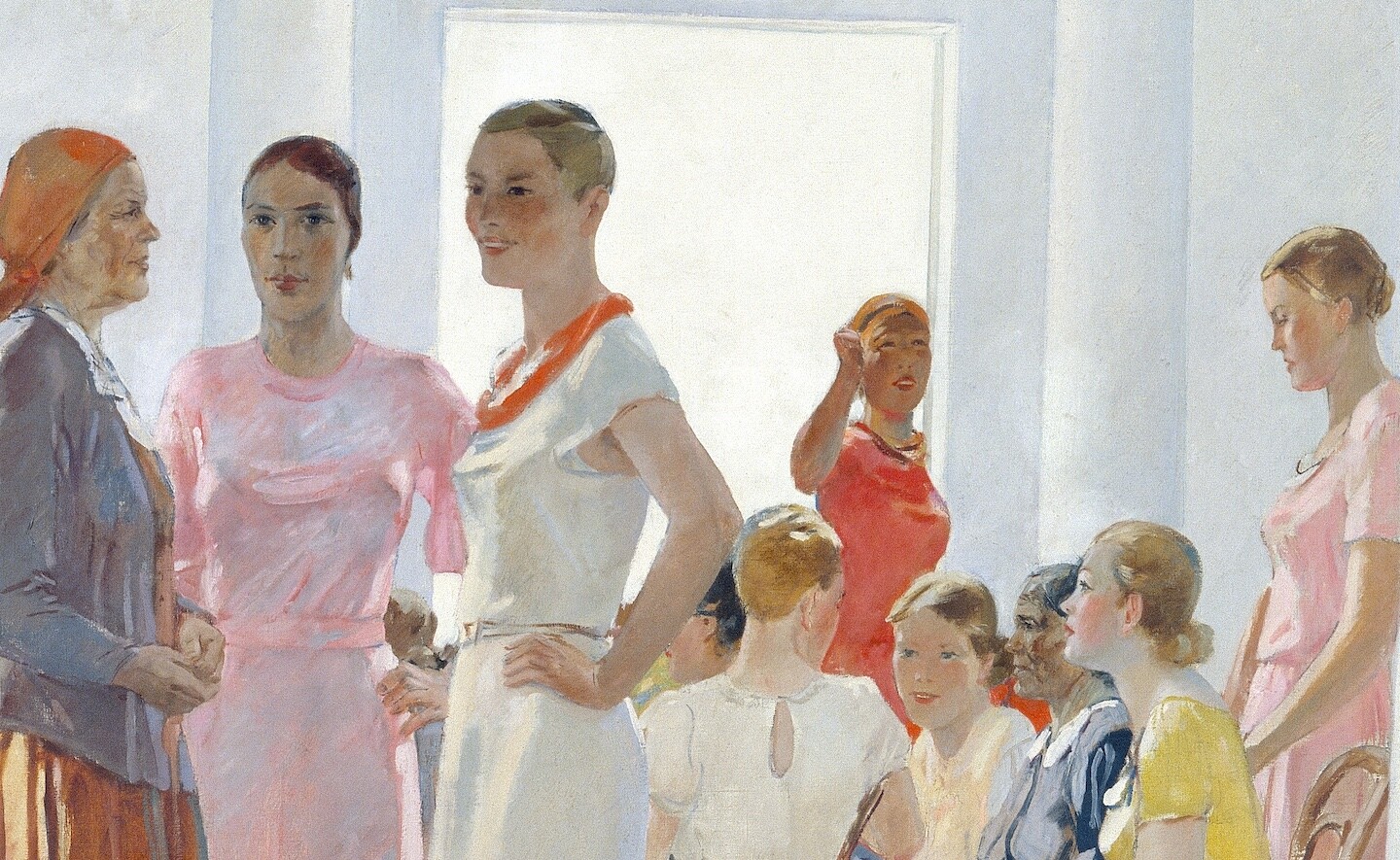
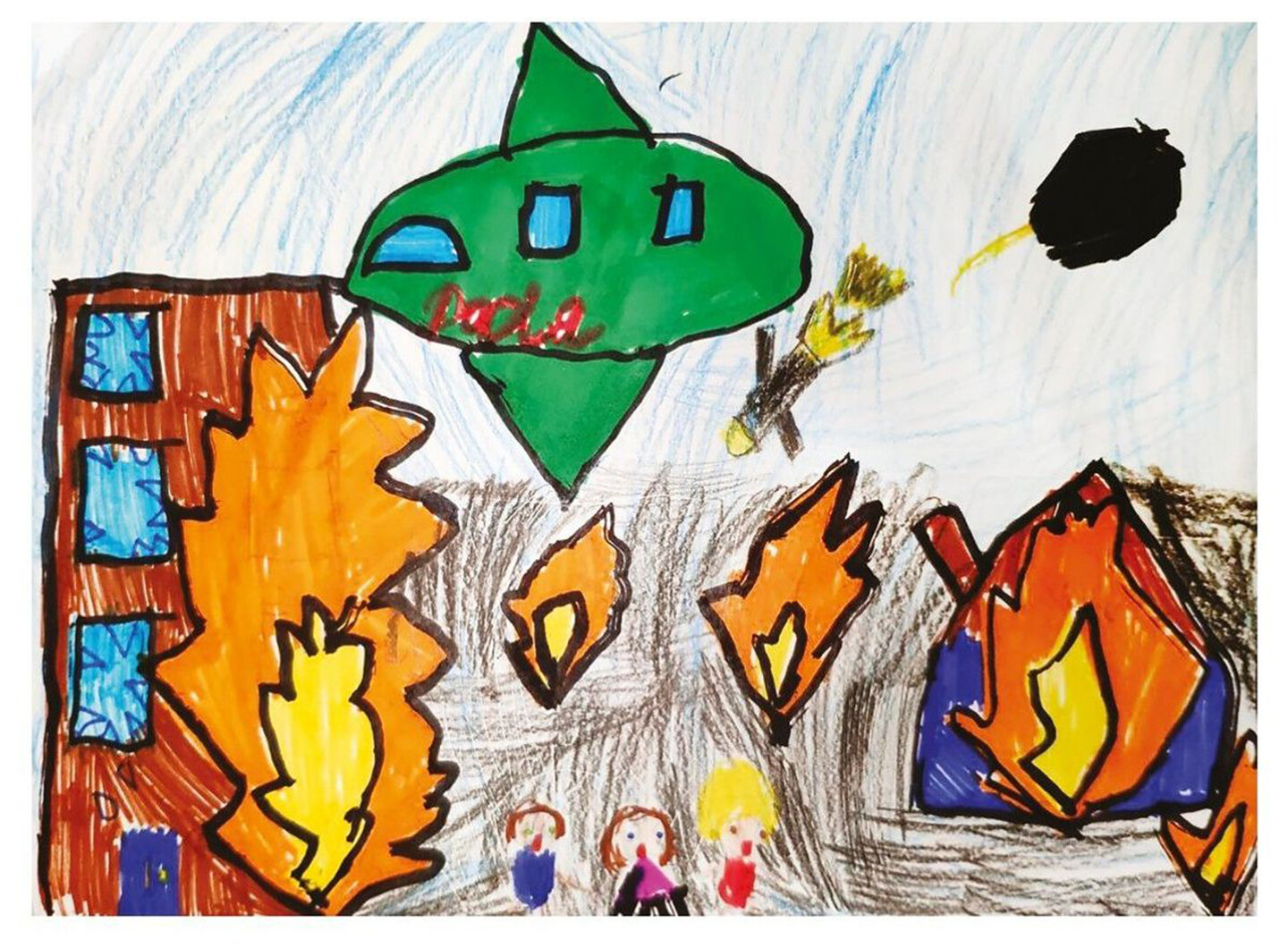

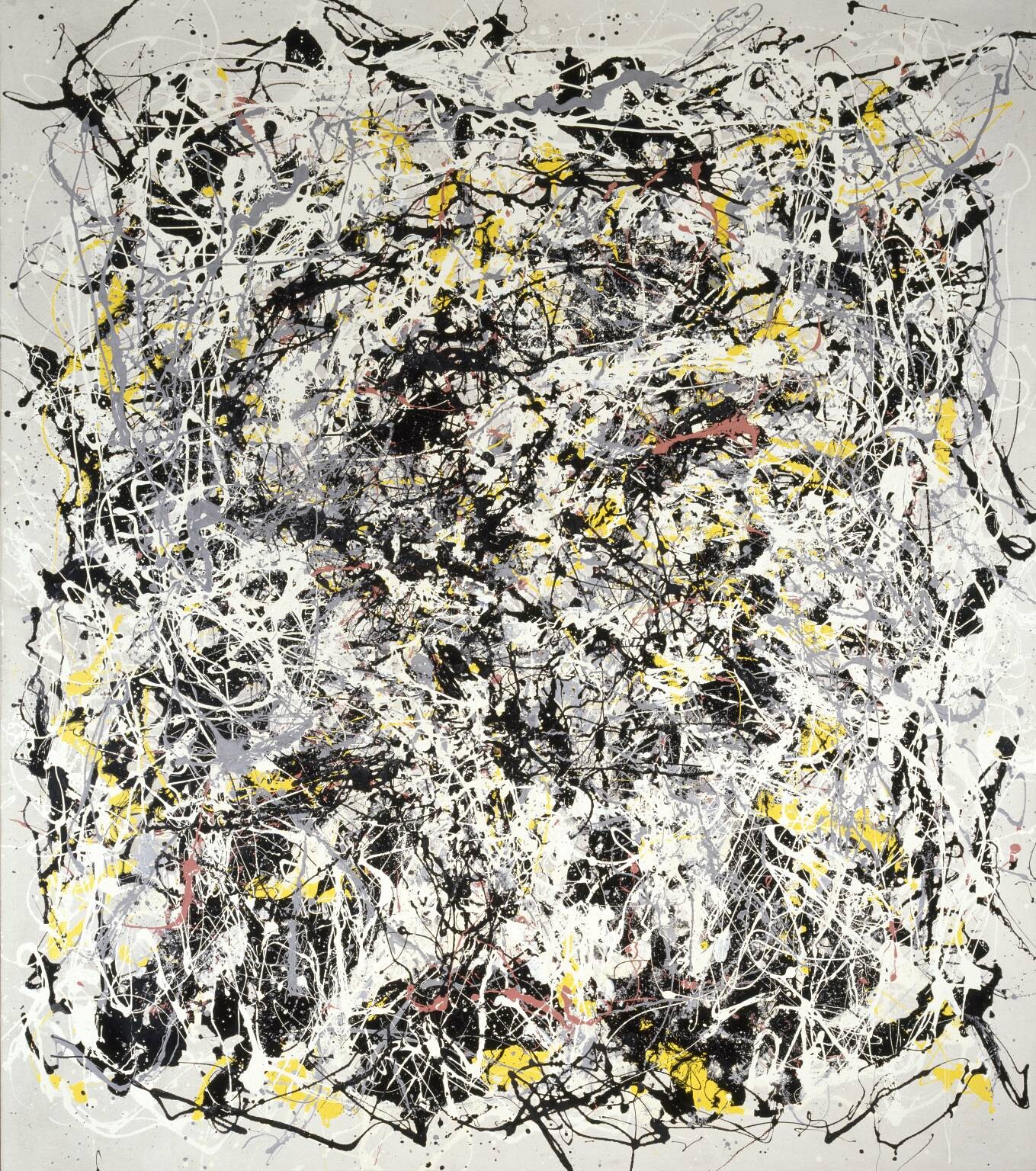
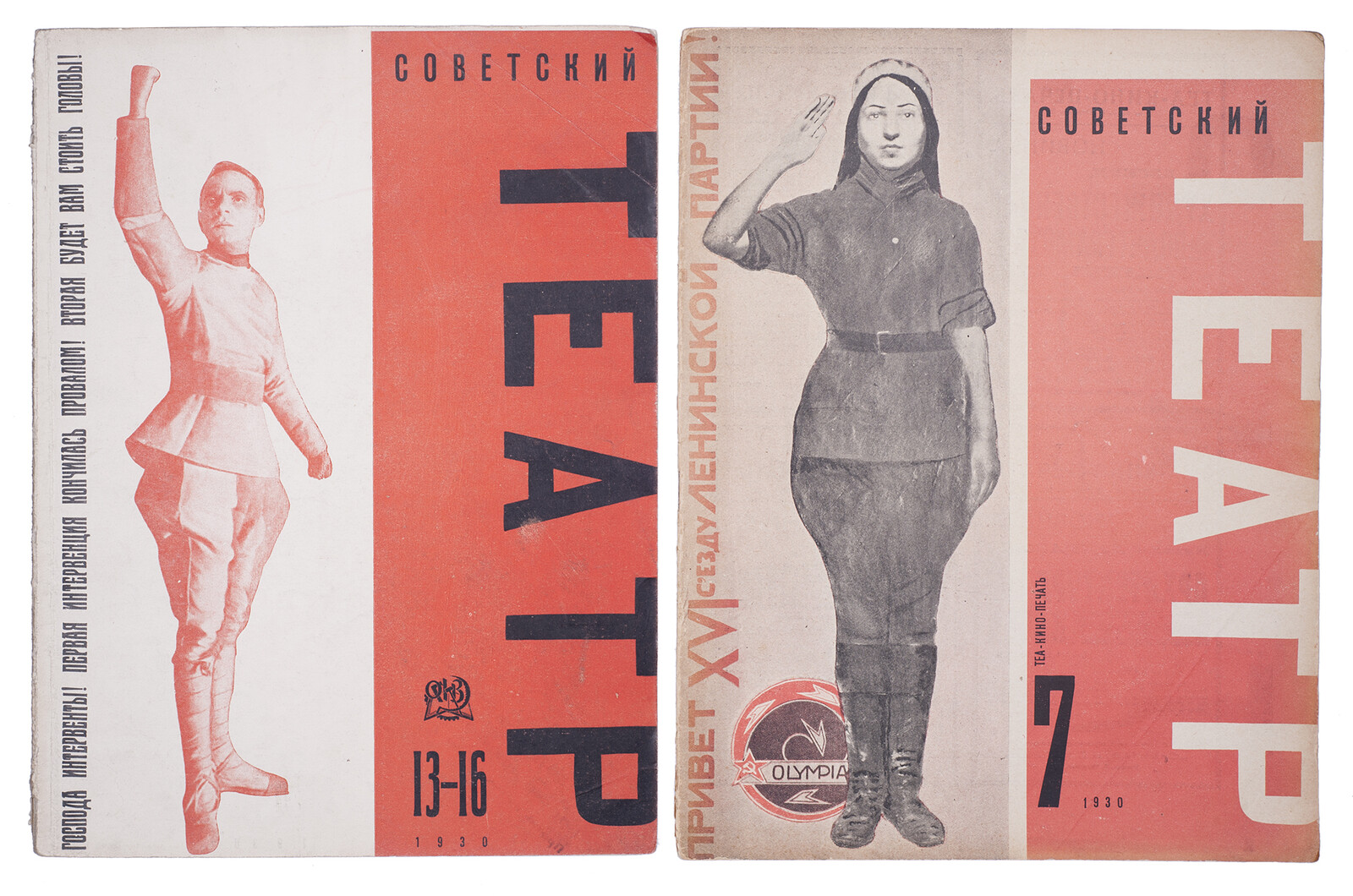
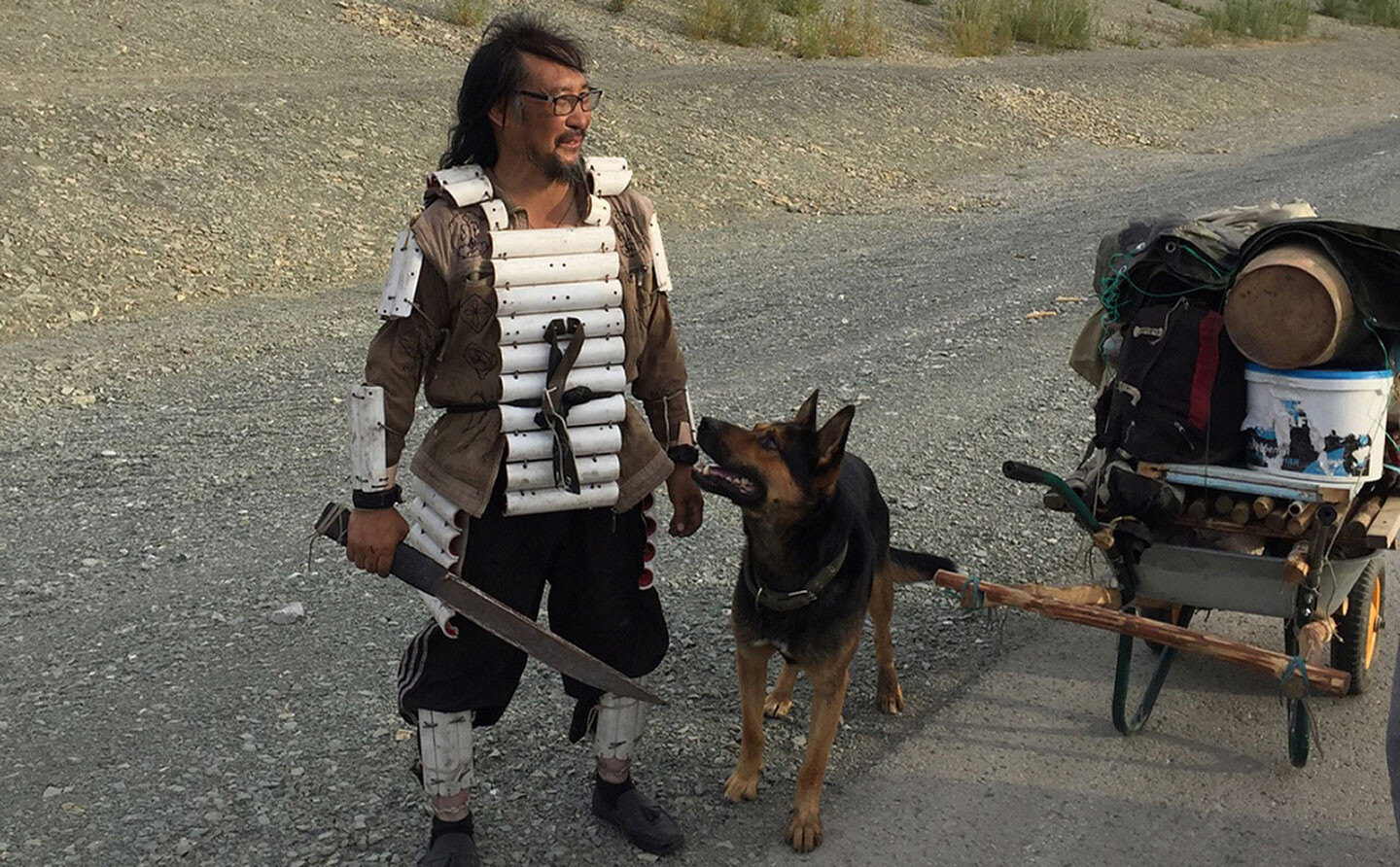


_-_Volga_Boatmen_(1870-1873)WEB.jpg,1600)
